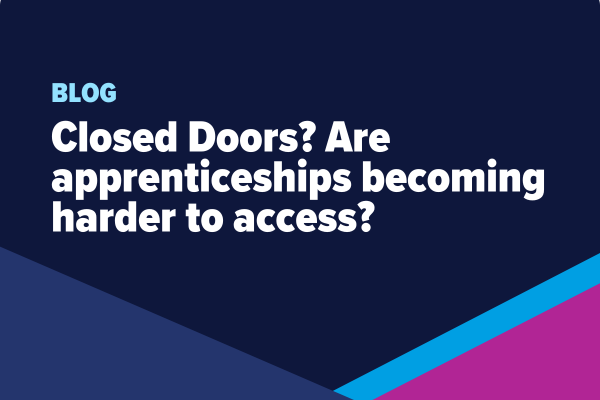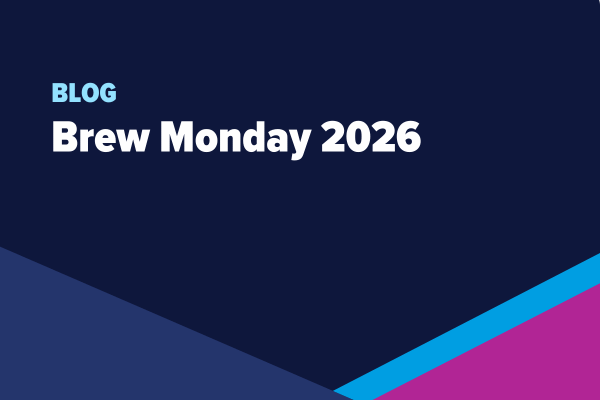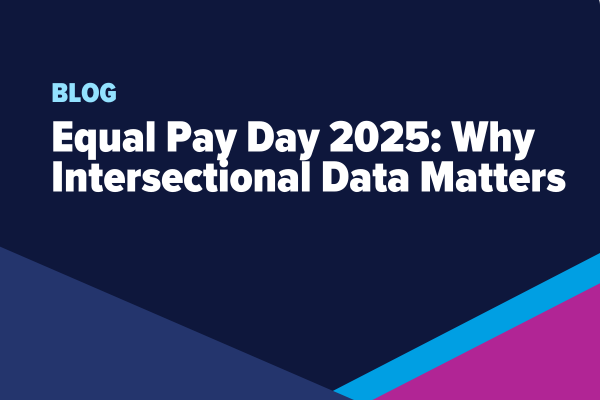Are Employers Really Progressing Their Pay Policies?
Are Employers Really Progressing Their Pay Policies?
Emelia Williams, Social Impact Officer, Business in the Community (BITC), investigates how much progress is being made in addressing fair pay and transparency.
Last month, Business in the Community (BITC) announced The Times Top 50 Employers for Gender Equality 2023. Participating organisations were assessed across areas such as strategy, policies, and workplace culture and those who made the list demonstrated a true commitment to driving fairer and more inclusive working environments for all employees. But are they making regular progress in addressing issues of fair pay and pay transparency?
We know that the gender pay gap is one of the most deeply rooted inequalities in the workplace and that four out of five employers continue to pay their male employees more than their female employees1. Each year, as part of the assessment for The Times Top 50, we ask for the action that organisations are taking towards ensuring their pay and reward processes are fair and transparent. With this in mind, I decided to investigate how the scores for the Pay and Reward question have changed over time.
Figure 1. Scatter Plot of Summary Statistics for All Pay and Reward Scores Per Year from 2017 to 2023
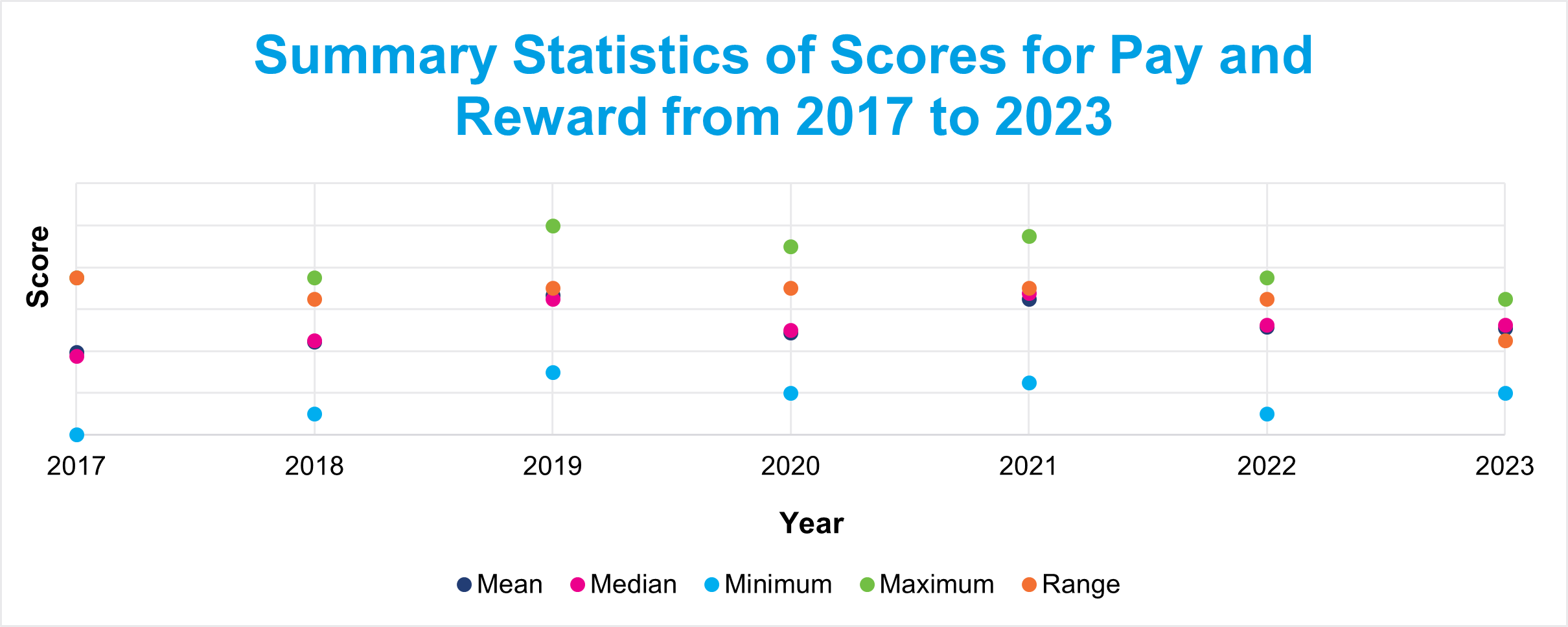
Figure 2. Line Graph for the Mean vs Median Score for Pay and Reward Per Year from 2017 to 2023
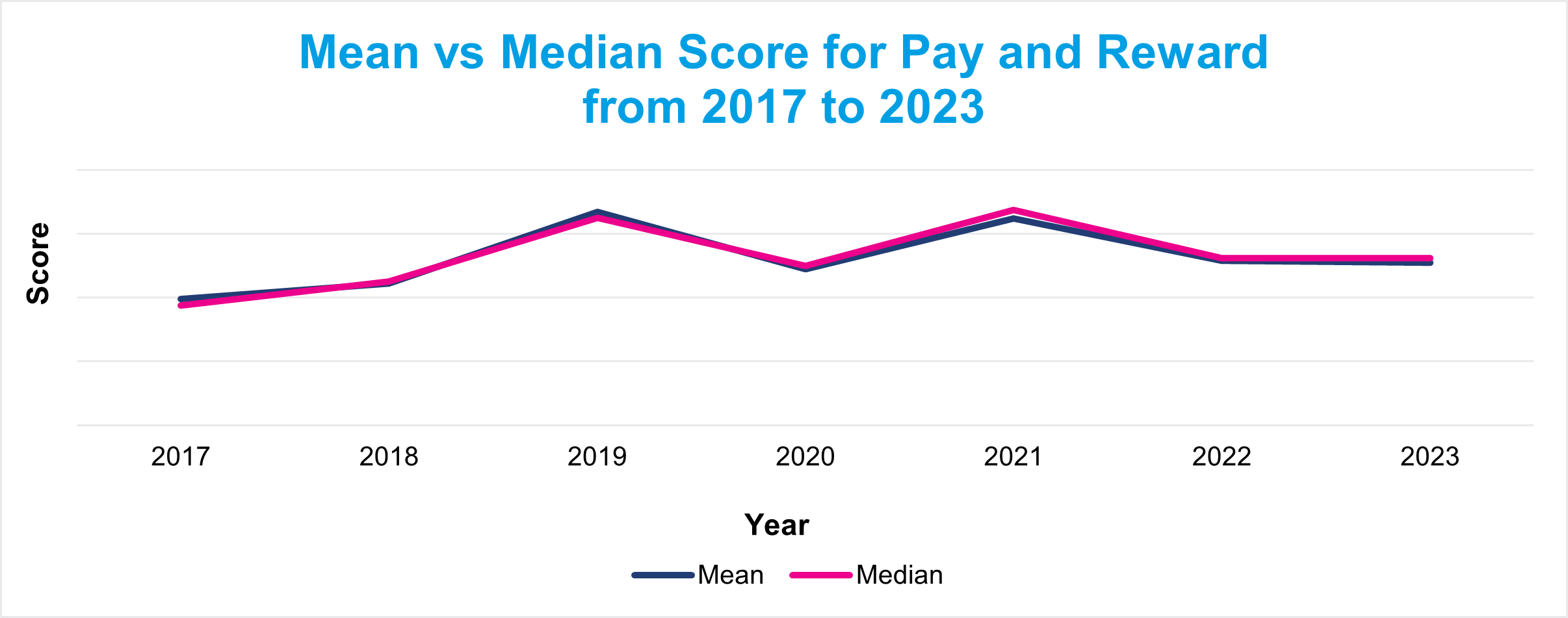
Figure 1 and Figure 2 present how the average scores have changed between 2017 and 2023 and it is clear that there has not been a linear change across the seven years. Interestingly, there was a significant drop in the average scores for 2020 and 2022, both of which were years of national crises, with the COVID-19 pandemic and the cost-of-living crisis. However, given that the data that informed the assessments for these years was collected towards the end of 2019 and 2021, respectively, this demonstrates that employers were poorly prepared to respond effectively in these times of uncertainty.
These insights correspond with the fact that in March 2020, more women than men were furloughed2, and 50% of organisations were yet to publicly report their 2019/2020 data3 following the enforced suspension of gender pay gap reporting by the UK Government. Further, in March 2022, around nine in 10 adults (87%) reported an increase in their cost of living4, and in the same year, 53% of adults reported that they were worried about affording their bills over the next six months5. Combined with the fact that, as evidenced by Figure 2, the average score plateaued between 2022 and 2023, it is clear that lessons have not been learnt and that commitments to the issues of fair pay and pay transparency have only been temporary or short-term.
To conclude, since the introduction of mandatory gender pay gap reporting in 2017, our data reveals that the average scores have increased at a glacial pace by just 0.5 percentage points. In turn, this indicates that the pay and reward policies of The Times Top 50 Employers are in no better position today than they were six years ago.
If you are an employer struggling to progress your pay and reward policies, use ourGender Pay Gap Reporting Dashboard to access further information, including our recommendations on fair pay and pay transparency. You can also:
References
1 The Guardian (April 2023) Women Still Paid Less Than Men At Four Out Of Five Employers In Great Britain.
2 HM Revenue & Customs (2021) Coronavirus Job Retention Scheme Statistics: February 2021.
3 Business in the Community (September 2020) The Times Top 50 Employers for Women Insights Report 2020.
4 Office for National Statistics (March 2022) The Rising Cost Of Living And Its Impact On Individuals In Great Britain.
5 Business in the Community (October 2022) Over Half Of UK Adults Are Worried About How They Are Going To Pay Their Bills Over The Next Six Months, New Research Finds.

